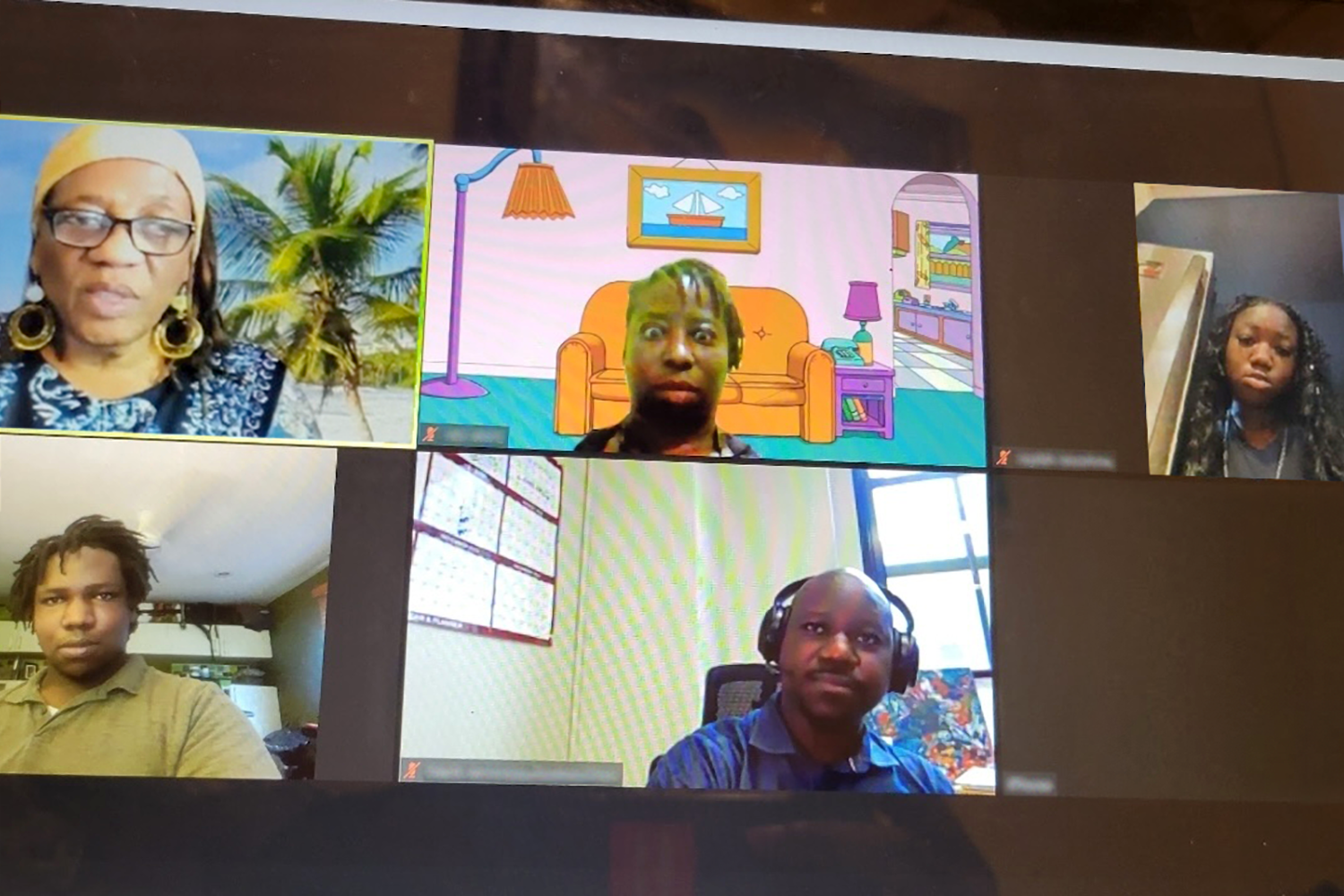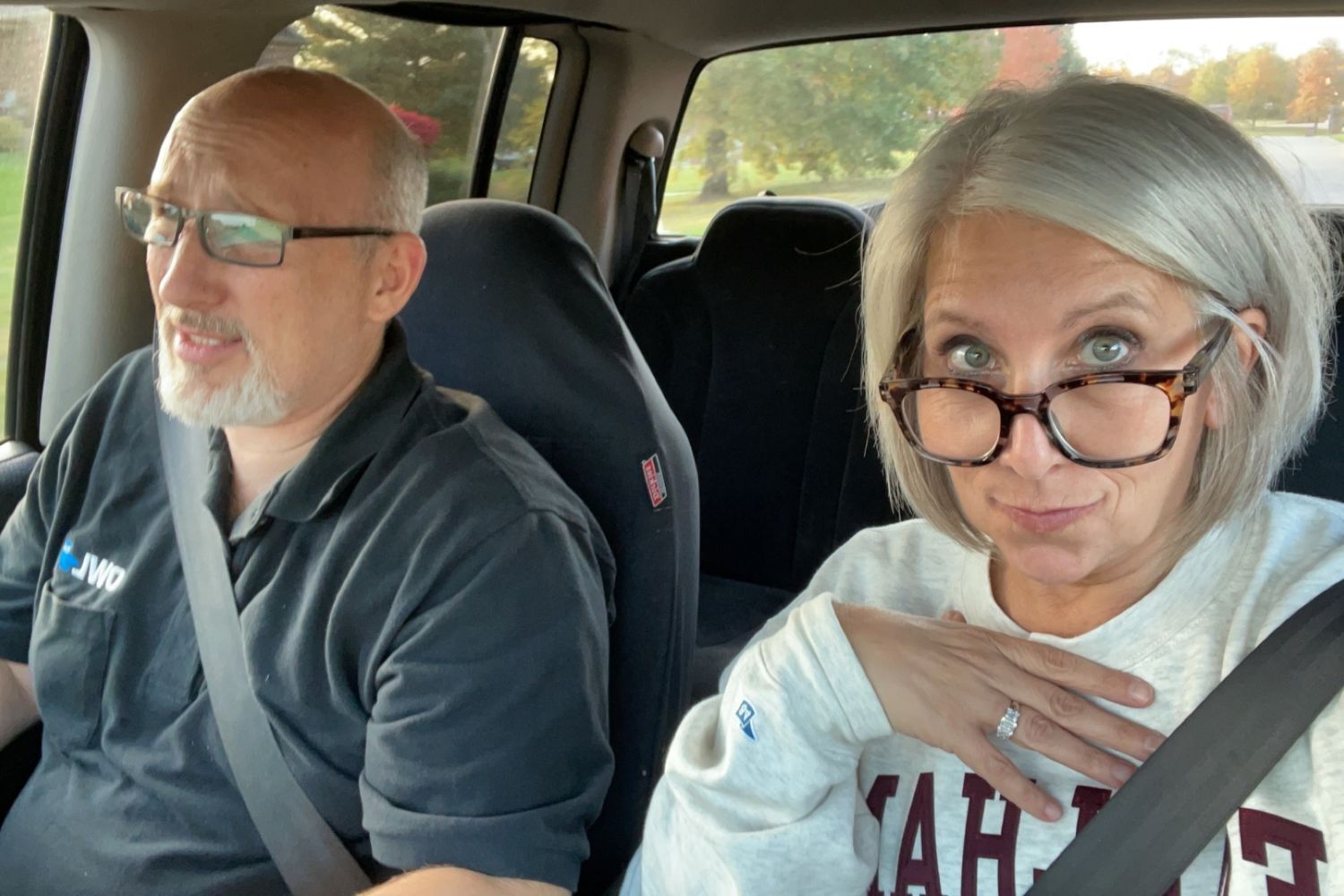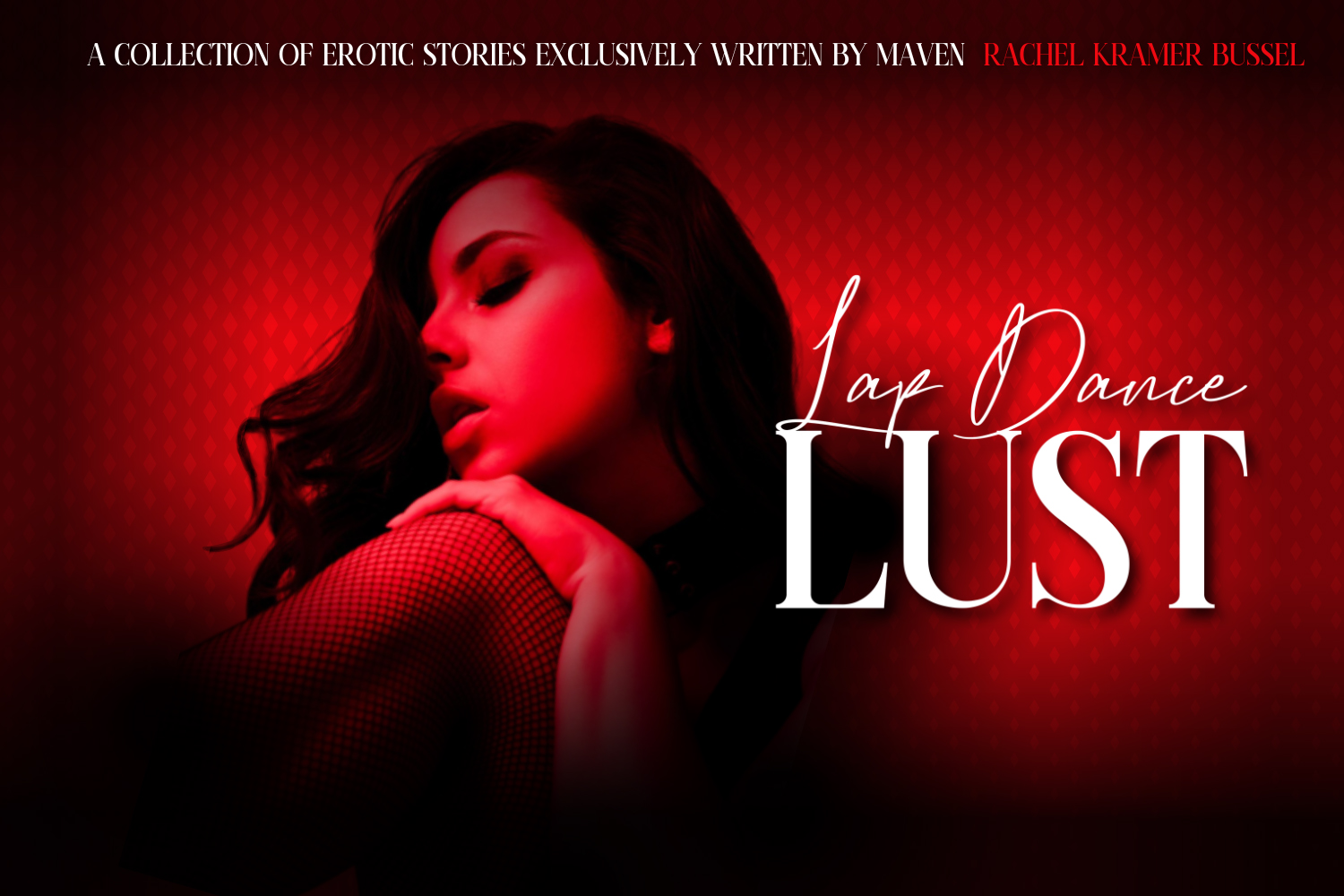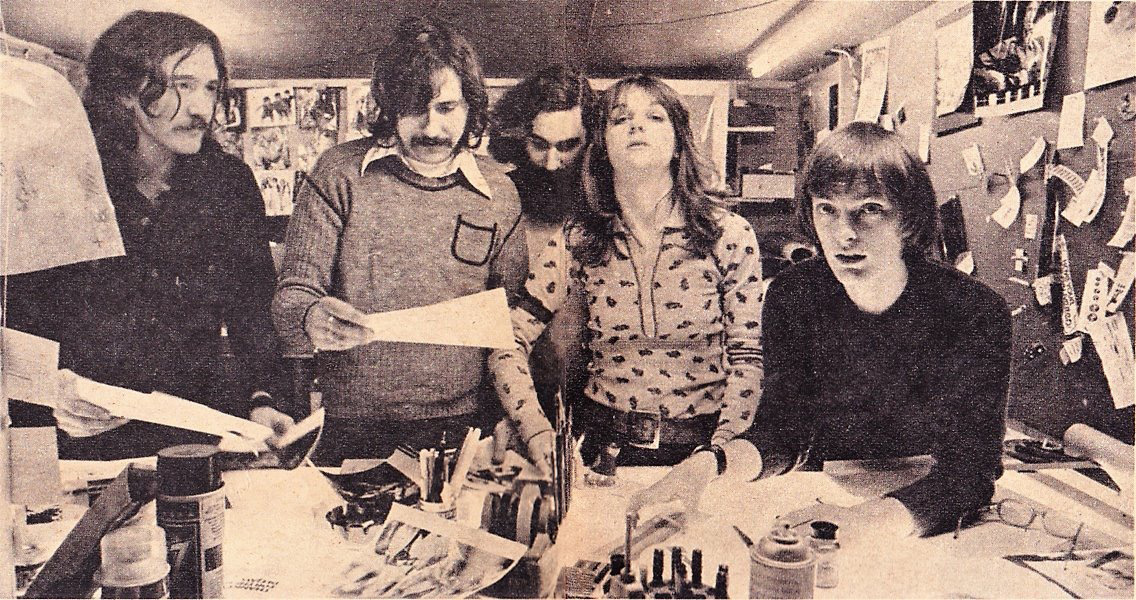
OG Creem editor Jaan Uhelszki talks relaunch of iconic rock ’n’ roll rag
Best-known for being one of the first female music journalists and a co-founder at Creem magazine, Jaan Uhelszki is a rock star in her own right. As part of the team that shaped Creem’s gritty voice, Uhelszki lived the rock’n’roll lifestyle alongside her subjects and fellow writers and editors Lester Bangs, Dave Marsh, and Ben Edmonds.
Her most famous story (“I Dreamed I Was Onstage With KISS In My Maidenform Bra”) from the publication’s archives reports her experience of getting dressed in full KISS attire and makeup and performing on stage with the band in 1977. While the same no-holds-barred attitude of the old-school Creem had to be adjusted (there won’t be any jokes about Steven Tyler’s teeth), the mag’s new incarnation promises to be just as bold with its approach to covering bands and artists. As Uhelszki puts it, “We might be rude, but not cruel. Not misogynistic or sexist. Maybe a little ageist. But never mean.”
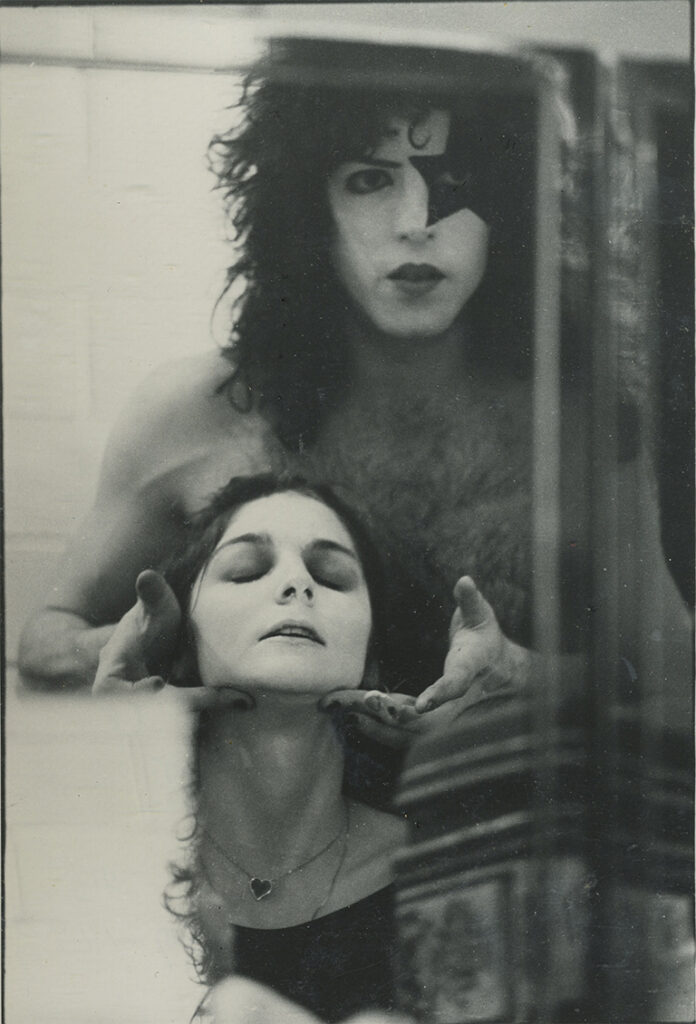
With original publisher Barry Kramer’s son J.J. and a team of Vice veterans at the helm, Creem aims to be the missing link between the musicians and the fans. The first issue showcases a diverse lineup of acts, from the female-fronted Australian punk outfit Amyl and the Sniffers to New Orleans-based electro-rockers Special Interest, and Chicago-born neo-soul singer and multi-instrumentalist KeiyaA. A recent article about Peaches highlights the 55-year-old sex-positive queer icon’s gender-bending Teaches of Peaches 20th Anniversary tour while also criticizing the male gaze that colored the magazine’s early days.

After taking a break from writing to raise her daughter and go back to school, Uhelszki worked for the Clinton-Gore campaign and the National Women’s Political Caucus before returning to music journalism at the age of 40. In addition to serving as editor emeritus and advice columnist for the newly relaunched Creem, Uhelszki contributes to the music publications Uncut and Classic Rock along with the film streaming service The Coda Collection. She’s also worked as a media trainer for two decades. Uhelszki spoke with me from her daughter’s home where she was helping take care of her newborn grandchild. We discussed the return of Creem, the transition from reporter to family life and back again, and at what age to cut back on the eyeliner.
Why relaunch Creem in 2022?
For J.J.’s whole life, he has been trying to get the magazine back [it was sold in 1986, five years after his father’s death]. And I had a friend Scott Crawford [founder of Harp magazine] who kept asking me if we could make a Creem documentary. So I put them together and I co-wrote and co-produced it. I did nothing for three years but that documentary and people loved it. It really reinforced to J.J. that the world needed Creem again. I think people missed a voice that represented them. The us versus them. We were our readers’ emissaries to get to the heart of who and what an artist is. There was a sense of “we’re all the same” that I’m hoping comes across, but I don’t know if that’s as important now as it was in 1970.

How do you capture the raw, unfiltered tone of vintage Creem in the current socio-political climate?
The people that [J.J. and CEO John Martin] hired are all pros and they’ve got these excellent credentials. Back in the ’70s, we didn’t know what we’re doing. We all dropped out of college or high school or were in high school. So it’s hard to imbue that primitiveness or the invention that made Creem. I feel like they hired me to be a quality control person like that “I Love Lucy” episode where Ethel and Lucy are in the candy factory and I’m the invisible inspector saying that bonbon doesn’t taste good, let’s get rid of it.
Who is on your wish list of musicians and celebrities to interview for the new iteration of Creem? Do any women in their 40s come to mind?
My wish list isn’t necessarily Creem’s wish list. In terms of women, I love Amanda Shires and her brave spirit of what life is like at 40 and owning her sexuality. Speaking out about the inequality of gender roles even in her own marriage. Standing up for abortion rights. Admitting she had one while married.
What are some examples of wisdom from older women whom you‘ve interviewed?
Dolly Parton told me when she was anxious or feeling a little off, she’d say “God’s radiant light shines through me” to calm down. She also told me when she reads books (which she does obsessively), that she always has a pen and pad nearby. That’s how she gets many of her ideas for songs.
Lucinda Williams said never wear too much eyeliner after 50.

What were the biggest challenges that you experienced in your 40s and 50s?
I stopped writing when I had my daughter. I went back to Cal Berkeley to get my degree with the idea of being a history professor. When I got out of school, and was about to apply to graduate school with an elementary school child, I realized that I didn’t have the time to devote to doing primary research in the U.K. So I went to run the Clinton-Gore campaign and got a job working for the National Women’s Political Caucus, whose mission was training progressive, pro-choice women to get elected and appointed to office. Never had I encountered such a mean-girl mentality. I thought if I was going to go work among not-so-nice people, I might as well go back to the music business and return to rock writing. So, I did.
I started all over again at 40, and it took me a really long time to get my career back. First, I was the fashion editor for BAM [Bay Area Music] magazine, and then I got a job as a news editor for the first online music magazine called Addicted to Noise. I got paid $250 a month working there so I freelanced my ass off.
I also learned that you’re not too old because you never feel so old as you do when you’re 39 or 40. I was so self-conscious about my age that I would never tell anybody how old I was.
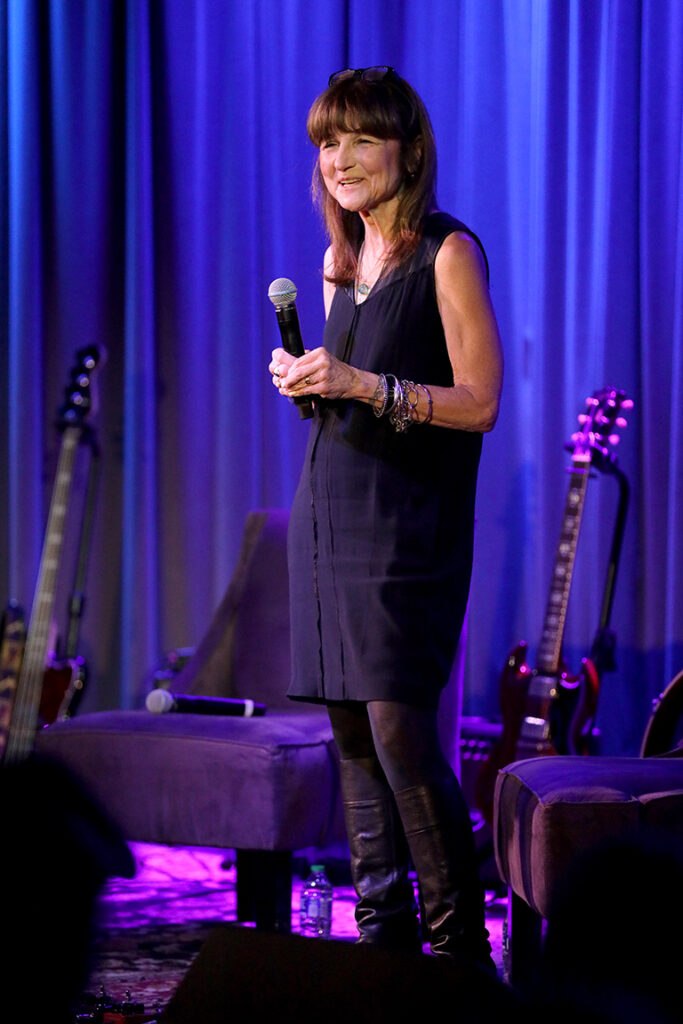
How has being a music journalist affected your long-term personal and professional goals?
I think I didn’t allow myself to be a careerist because my family was so important to me. My husband Matthew and my daughter Hayley grounded me. Especially after growing up with my glamorous jitterbug mother [who toured as a dancer with jazz musicians like Stan Getz], I wanted to see what having a normal family life was like. The advice I grew up with was, “Don’t try heroin and don’t go out with a sax player,” so you could say I was reinforced to be in entertainment journalism.
I have never regretted the time I learned to make pancakes in the shape of Disney characters, but I did take Hayley on interviews with me. I’ll never forget when Liam Gallagher asked her to go to Oasis’ afterparty (Hayley looked very old for 14), and I gave them both withering looks and said, “Absolutely not. It’s a school night.” She never forgave me for embarrassing her.

What have you learned with age that you would like to share with our readers?
Never take no for an answer. Don’t let anyone make you feel bad because of your age. You won’t believe how young 40 will seem in ten years. You don’t have to keep up with everything the kids are listening to, watching, or reading. Instead of being the oldest young person, be the youngest old person. Don’t apologize for it. But try to choose situations where you feel your talents are better used. Have a mantra. A silly one. When I’m feeling anxious about a story or an interview I borrow KISS’s onstage intro: “You wanted the best, you got the best.”

